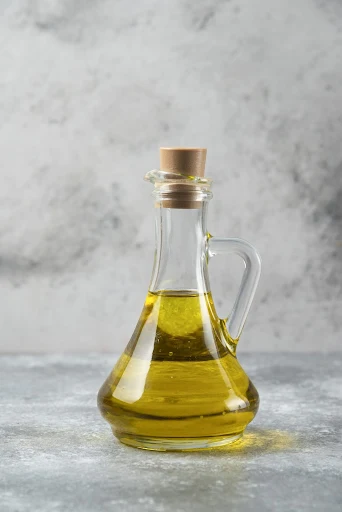The government has introduced a 50% export duty on molasses to enhance ethanol availability for blending with petrol. Simultaneously, the current import duty on crude and refined edible oils such as palm, soybean, and sunflower has been extended for an additional year. Furthermore, the windfall levy on domestically produced crude has been reduced. Molasses play a pivotal role in ethanol production, a substance mixed with petrol to reduce the import fuel expenses.
The Finance Ministry notification stated, "Export duty at the rate of 50% imposed on molasses with effect from January 18, 2024." India successfully achieved a 12% blending of ethanol with petrol in the Ethanol Supply Year (ESY) 2022-23, following a 10% blending in ESY 2021-22. The target for ESY 2023-24 is set at 15%, with the ESY spanning from November to October.
Ethanol blending with petrol in November 2023, the initial month of ESY 2023-24, reached 10.24%, compared to 12.06% during ESY December 2022-October 2023. Oil marketing companies (OMCs) tendered for 599.7 crore litres of ethanol during ESY 2022-23, with letters of intent (LoIs) issued for 567 crore litres. Sugarcane juice, B-Heavy molasses, C-Heavy molasses, and food grains contributed to ethanol production during the year.
Meanwhile, the Finance Ministry extended the existing duty rates on the import of crude and refined edible oils (palm, soybean, and sunflower) until March 31, 2025, from the original end date of March 31, 2024. The reduced import duty on refined edible oil aims to ensure affordability. The windfall levy on domestically produced crude has been lowered to Rs 1,700 per tonne from Rs 2,300 per tonne, effective Tuesday, in response to declining global crude prices. Export-bound diesel, Aviation Turbine Fuel (ATF), and petrol remain exempt from the levy.

